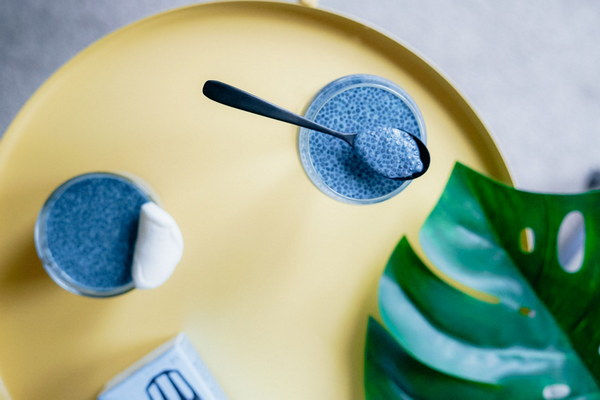Top Tips for the Best Liver Care and Protection
Top Tips for the Best Liver Care and Protection
The liver is a vital organ that plays a crucial role in maintaining our overall health. It filters toxins from the blood, produces bile to aid in digestion, and regulates blood sugar levels, among many other functions. Given its importance, it's essential to take steps to keep your liver healthy. Here are some top tips for the best liver care and protection:
1. Maintain a Balanced Diet
A balanced diet rich in fruits, vegetables, whole grains, lean proteins, and healthy fats can help support liver health. Here's what to include:
- Fruits and Vegetables: These are packed with antioxidants that can help protect the liver from damage.
- Whole Grains: They contain fiber, which can help lower cholesterol and reduce the risk of fatty liver disease.
- Lean Proteins: Proteins help with liver repair and regeneration. Good sources include lean meats, fish, eggs, and legumes.
- Healthy Fats: Monounsaturated and polyunsaturated fats, found in foods like avocados, nuts, and olive oil, can help reduce inflammation and support liver health.
2. Stay Hydrated
Drinking plenty of water is crucial for liver function. It helps flush out toxins and keeps the liver working efficiently.
3. Limit Alcohol Consumption
Excessive alcohol intake is a leading cause of liver disease. Even moderate drinking can put stress on the liver, so it's best to limit alcohol consumption.
4. Avoid Harmful Substances
Toxins such as acetaminophen, certain medications, and environmental pollutants can damage the liver. Be cautious with over-the-counter medications and always follow dosage instructions.
5. Exercise Regularly
Regular physical activity can help improve liver function and reduce the risk of obesity, which is a risk factor for fatty liver disease. Aim for at least 150 minutes of moderate-intensity exercise or 75 minutes of vigorous-intensity exercise per week.
6. Manage Your Weight
Maintaining a healthy weight is key to preventing liver disease. Excess fat in the body can lead to fatty liver disease, a condition where the liver stores too much fat.
7. Get Adequate Sleep

Sleep is essential for liver health. During sleep, the liver detoxifies and repairs itself. Aim for 7-9 hours of quality sleep per night.
8. Practice Mindfulness and Stress Reduction
Chronic stress can affect the liver's ability to function properly. Techniques such as meditation, yoga, and deep breathing can help reduce stress levels.
9. Regular Health Check-Ups
Regular health screenings can help detect liver problems early. This includes checking your liver enzymes and having blood tests for hepatitis and other liver conditions.
10. Consider Supplements Wisely
While certain supplements can support liver health, it's important to use them wisely. Always consult with a healthcare professional before starting any new supplement, especially if you have pre-existing liver conditions.
By following these top tips, you can help ensure that your liver remains healthy and functions optimally. Remember, taking care of your liver is an ongoing process, and it's never too late to start making positive changes to your lifestyle.
This article provides a comprehensive overview of the best practices for liver care and protection, offering practical advice that readers can easily incorporate into their daily routines.









